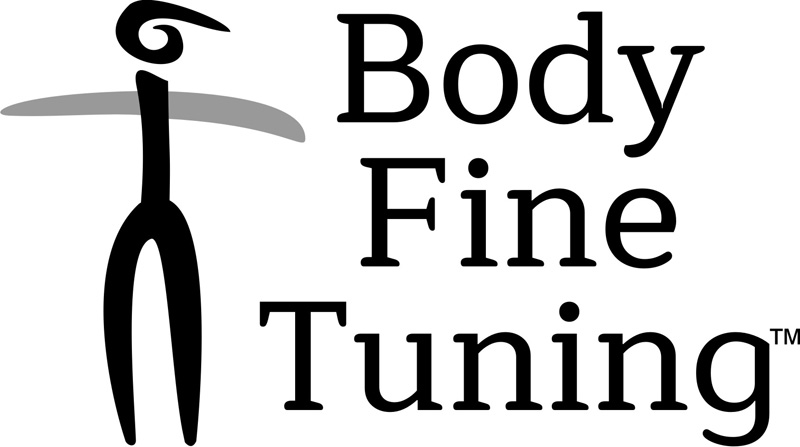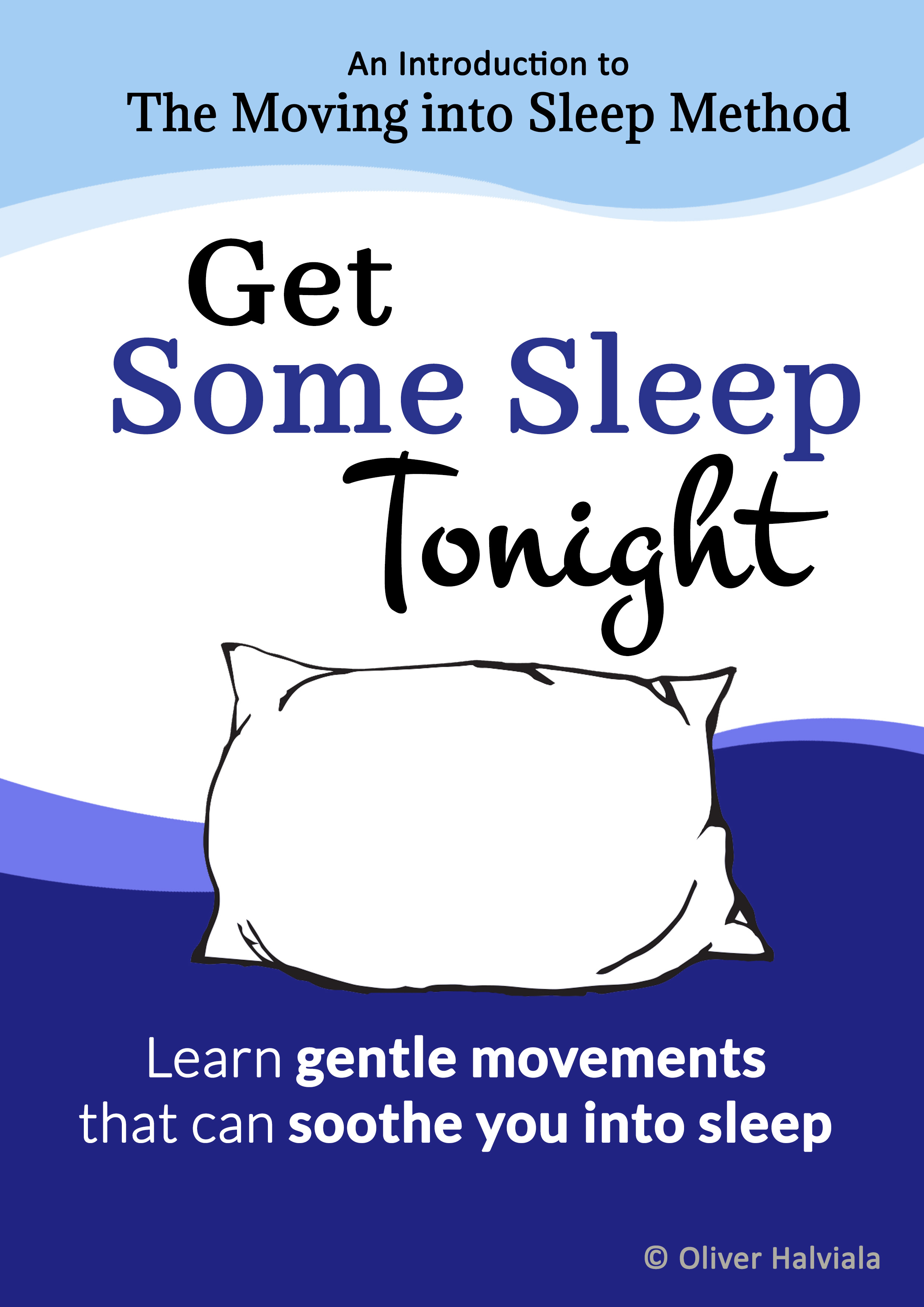Sleep as Self-Care
Reducing Risk of Rheumatic Heart Disease
Rheumatic heart disease is a condition that can be influenced by various factors, including sleep. Lack of sufficient and quality sleep impacts your overall health increasing risk of developing of rheumatic heart disease.
What to Know & What to Do
Overall Cardiovascular Health
Sleep plays a crucial role in supporting the your body's overall cardiovascular health. Optimal sleep quality is associated with lower levels of inflammation, which is significant for individuals with rheumatic heart disease. Chronic inflammation is known to contribute to the progression of cardiovascular conditions, including damage to the heart valves in rheumatic heart disease.
Conversely, insufficient or poor-quality sleep can contribute to increased inflammation, potentially worsening the inflammatory processes associated with rheumatic heart disease. Additionally, inadequate sleep may lead to elevated stress levels and impaired immune function, which can further compromise the body's ability to manage the condition.
Optimal Sleep
The health authorities advise for adults to get 7-9 hours of good quality sleep. Already if you sleep 6-7 hours per night, your risks of experiencing issues with your heart are significantly higher. Therefore, simply by adding 30 minutes or one hour to your sleep can make a critical difference.
However, too much sleep isn't good either, because spending over 9 hours in bed every night can cause heart related issues as well. This explains why 7-9 hours is the optimal length for adults. And if this seems to be insufficient, it is better to take a nap later during the day instead of sleeping too long, noting that extreme tiredness might indicate troubled health which needs professional attention.
Optimal Sleep Quality
From the point of view of the heart, optimizing sleep habits becomes essential. Try always to prioritize good sleep habits, during the day eat well, go for a walk (or do moderately intensive) exercise, maintain a consistent sleep schedule and at night, do calmness-inducing somatic exercises as part of your bedtime routine, the way you learn through the Moving into Sleep Method
Getting Better Sleep
Thanks for reading!
Sleep well!
Oliver
Related research:
Insomnia and Risk of Cardiovascular Disease
journal.chestnet.org/article/S0012-3692(17)30134-4/fulltext
Insomnia and the risk of incident heart failure: a population study
academic.oup.com/eurheartj/article-abstract/35/21/1382/582739


